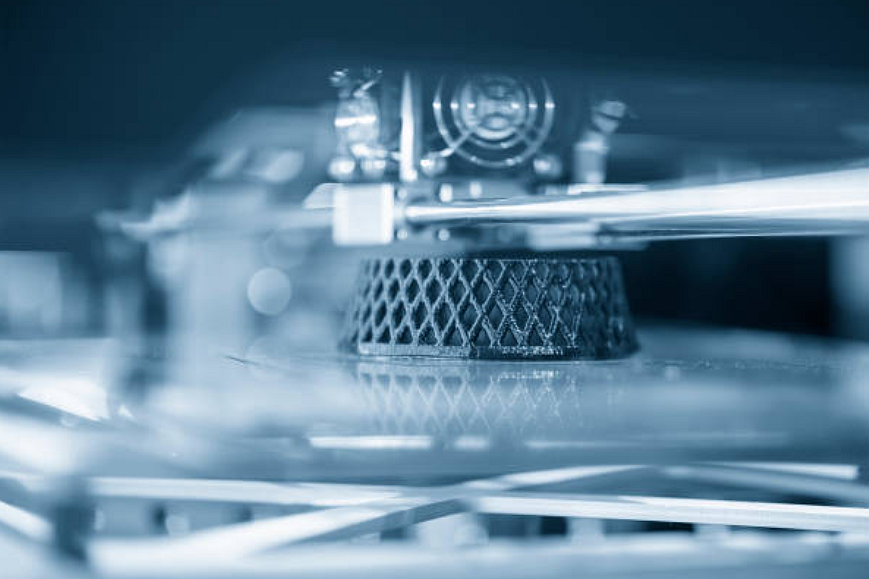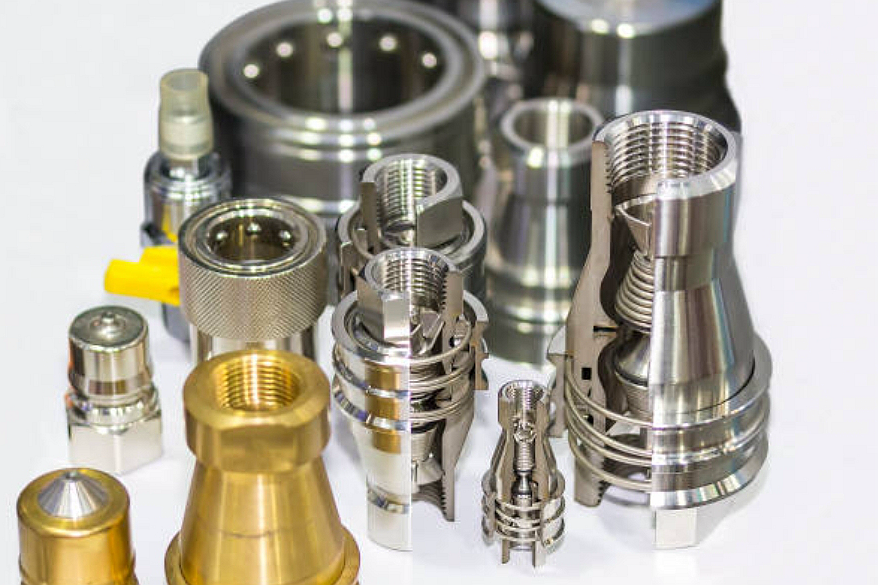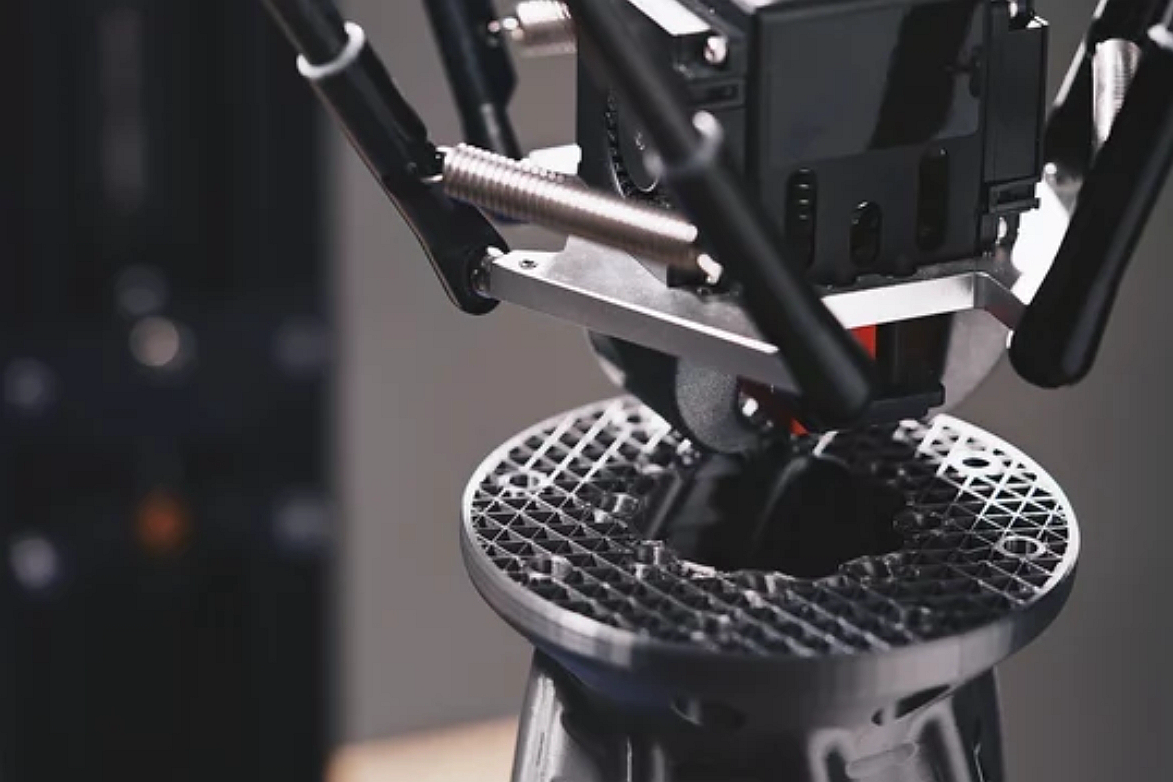Monel 400
Basic description of Monel 400 Powder
Monel 400 powder is a nickel-copper alloy known for its exceptional strength, durability, and resistance to corrosion in a wide range of environments, including seawater and acidic conditions. This alloy combines the excellent corrosion resistance of copper with the high strength and toughness of nickel, making it a preferred choice for advanced manufacturing processes. Monel 400's powder form is specifically designed for applications in additive manufacturing (3D printing), metal injection molding (MIM), and other powder metallurgy techniques, where its properties can be leveraged to produce components with complex geometries and high-performance requirements.
Monel 400 Similar grades
Similar alloys to Monel 400 include:
Monel K-500: An age-hardened version of Monel 400 that includes aluminum and titanium to enhance strength and hardness. It retains the excellent corrosion resistance of Monel 400 while offering greater strength and hardness.
Hastelloy C-276: A nickel-molybdenum-chromium alloy with outstanding corrosion resistance to various chemical environments. While not a direct substitute, it's often considered in applications requiring exceptional corrosion resistance.
Inconel 625: A nickel-chromium-molybdenum alloy noted for its high strength, outstanding corrosion resistance, and ability to withstand extreme environments, including high temperatures and pressures.
Cupro-Nickel: Alloys such as 90/10 or 70/30 cupro-nickel offer good corrosion resistance in marine environments. However, they do not match Monel 400's strength and resistance to a broader range of conditions.
Applications
Monel 400 powder, renowned for its exceptional corrosion resistance and strength, is widely used in various demanding applications across several industries. Its unique properties make it especially suitable for environments where durability and resistance to corrosive elements are critical. Here's a closer look at specific applications of Monel 400:
1. Chemical Processing Equipment: Monel 400 is extensively utilized to manufacture pumps, valves, pipes, and tanks in the chemical processing industry. Its resistance to various corrosive chemicals, including acids and alkalis, makes it ideal for such applications.
2. Marine Engineering: Due to its excellent resistance to seawater corrosion, Monel 400 is used in marine applications such as propeller shafts, marine fixtures, and fasteners. It is also employed in constructing seawater intake screens and piping systems for desalination plants.
3. Oil and Gas Industry: Monel 400's strength and corrosion resistance benefit oil and gas production, especially in sour gas environments. It is used for tubing, valves, and pump shafts exposed to crude oil and natural gas.
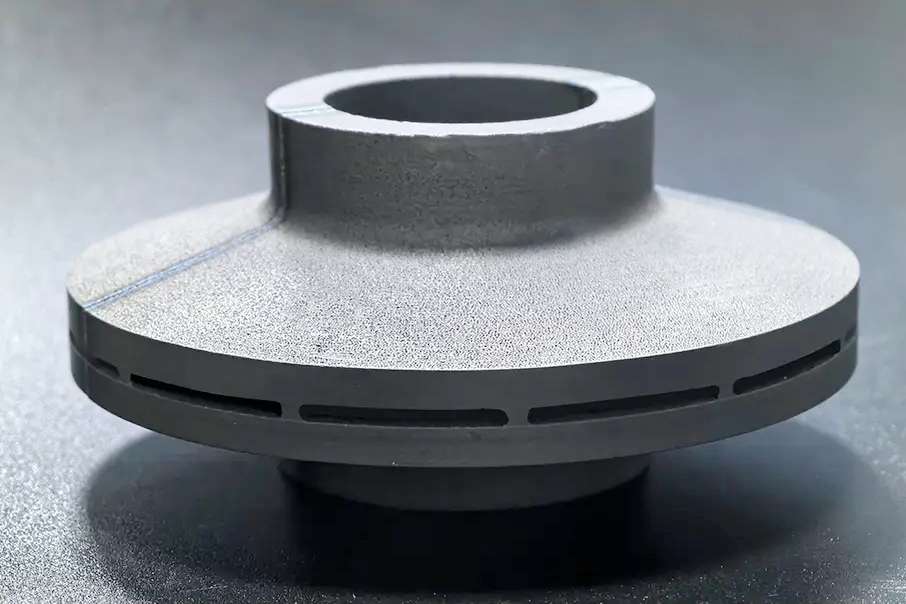
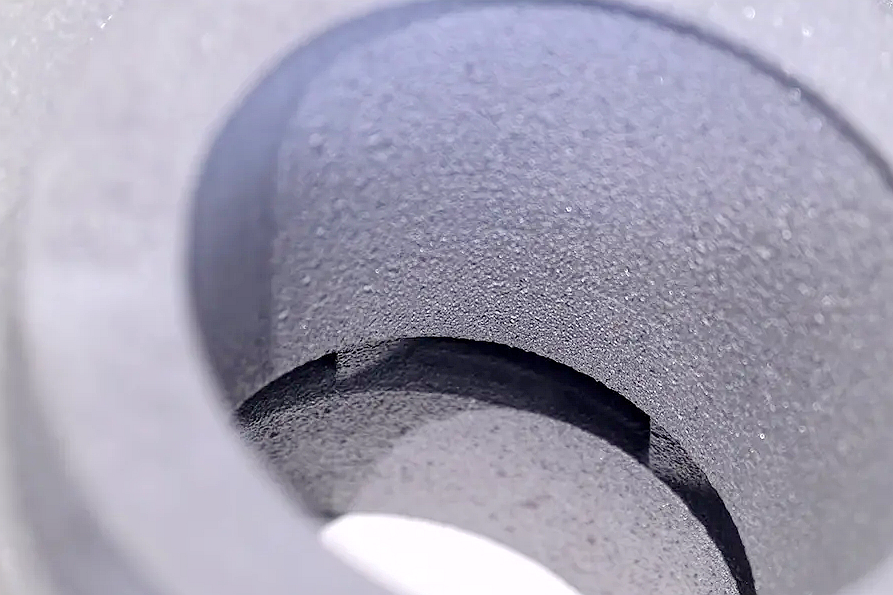
4. Aerospace Components: The alloy's resistance to high-temperature environments makes it suitable for aerospace applications, including exhaust systems and engine components. Its ability to withstand rapidly changing temperatures is valuable in this industry.
5. Power Generation: Monel 400 is used in components of nuclear power plants and other power generation facilities where its resistance to corrosion and heat is essential. Feedwater heaters, steam generator tubing, and other parts benefit from Monel 400's properties.
6. Electronic Devices: The alloy's excellent electrical conductivity makes it a good choice for electronic components, including transducers, sensors, and connectors, where corrosion resistance is also necessary.
Monel 400 Composition and Properties
Monel 400 is a nickel-copper alloy with excellent corrosion resistance, strength, and toughness across various temperatures and environments. Its unique composition and properties make it suitable for various industrial applications where these attributes are critical.
Composition:
The chemical composition of Monel 400 includes:
Nickel (Ni): Approximately 63% provides corrosion resistance and strength base.
Copper (Cu): Around 28-34%, contributing to excellent corrosion resistance, particularly in marine environments.
Iron (Fe): Up to 2.5%, enhancing the alloy's overall strength and resistance to corrosion.
Manganese (Mn): Up to 2% improves the alloy's strength and resistance to corrosion.
Carbon (C): 0.3% max, controlled to minimize carbide precipitation during welding.
Silicon (Si): Up to 0.5% aids in strength and resistance to corrosion.
Sulfur (S): 0.024% max, kept to a minimum to enhance corrosion resistance.
Properties:
Leveraging this composition, Monel 400 exhibits a range of properties tailored for high-performance applications:
Outstanding Corrosion Resistance: This is primarily known for its resistance to seawater and steam at high temperatures and to salt and caustic solutions.
High Strength: Offers excellent strength and toughness over a wide temperature range.
Good Weldability and Formability: Despite its strength, Monel 400 can be welded and fabricated into complex shapes, allowing for versatility in manufacturing.
Thermal Conductivity: Exhibits moderate thermal conductivity, which is beneficial in applications requiring heat exchange.
Electrical Conductivity: It possesses good electrical conductivity, making it suitable for electronic applications.
Applications Stemming from Composition and Properties:
Given its resistance to corrosion, particularly in marine and chemical environments, Monel 400 is widely used in the chemical processing industry, marine engineering, and other areas where materials are exposed to corrosive elements. Its ability to maintain strength and toughness across a broad temperature range makes it suitable for aerospace and power generation applications. The alloy's unique blend of properties ensures that components made from Monel 400 can withstand the rigors of severe conditions, enhancing efficiency and safety across a wide range of industrial applications.
Powder Characteristics
The suitability of Monel 400 for advanced manufacturing processes, especially those involving powder metallurgy techniques such as additive manufacturing (3D printing), metal injection molding (MIM), and powder compression molding (PCM), is significantly influenced by the specific characteristics of its powder form. These characteristics ensure the manufacturing process yields components with the desired mechanical properties and high-quality surface finishes.
Yield Strength:
Yield strength indicates the stress at which a material begins to deform plastically. Monel 400 parts typically exhibit a yield strength of 25,000 to 50,000 psi, reflecting the material's ability to withstand significant stress before experiencing permanent deformation. It is crucial for components used in high-stress applications, particularly where corrosion resistance is also required.
Tensile Strength:
Tensile strength represents the maximum stress a material can withstand while being stretched or pulled before breaking. Parts made from Monel 400 powder can achieve tensile strengths of approximately 70,000 to 85,000 psi, indicating high durability and performance under tensile loads. This strength is essential for components in marine engineering, chemical processing, and other demanding applications.
Elongation:
Elongation measures the elasticity of a material or how much it can stretch before it breaks. Manufactured parts from Monel 400 typically show an elongation range of 30% to 40%, demonstrating good ductility. It allows components to absorb energy and withstand impacts, making them suitable for various industrial applications.
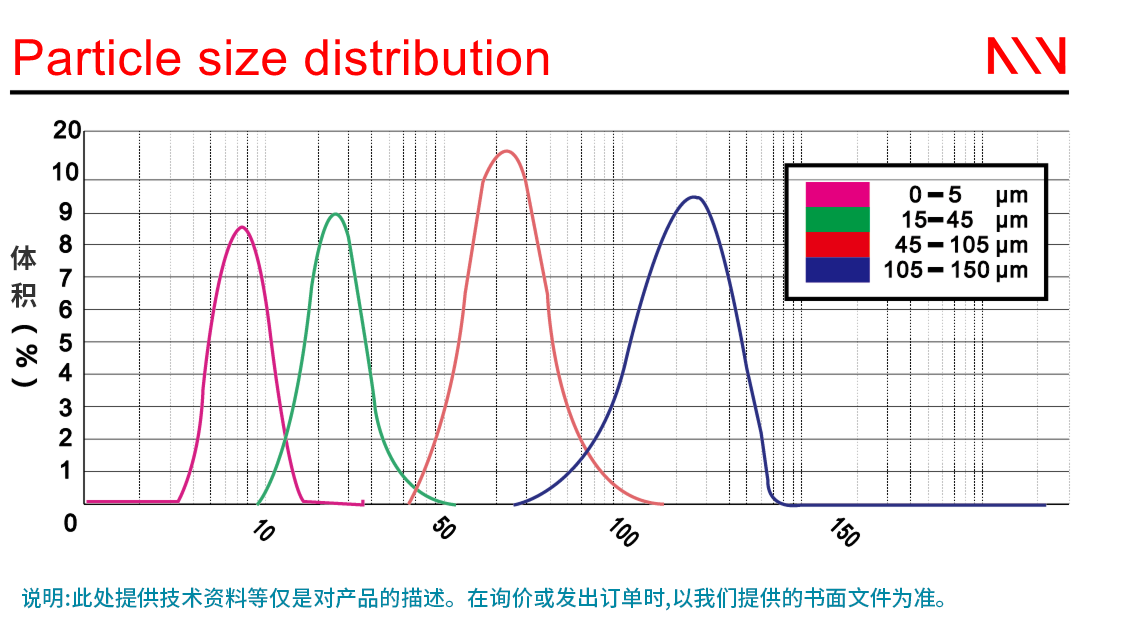
Monel 400 Physical Properties
Understanding the physical properties of Monel 400 powder is crucial for its application in various manufacturing processes. It significantly influences the performance of the final manufactured components. These properties ensure the alloy's suitability for high-demand applications where corrosion resistance and mechanical integrity are paramount.
Density:
Monel 400 has a density of approximately 8.8 g/cm³. This high density reflects the alloy's compact atomic structure, contributing to the overall strength and durability of parts manufactured from this material. Achieving near-full density in parts is essential for applications requiring high mechanical integrity and resistance to corrosive environments.
Hardness:
Manufactured components from Monel 400 powder exhibit significant hardness, contributing to their wear resistance and mechanical durability. This property is fundamental in applications where components are subject to abrasive conditions, ensuring longevity and reliability.
Specific Surface Area:
The specific surface area of Monel 400 powder influences its reactivity and sinterability. A higher specific surface area allows for more effective sintering, leading to more substantial, denser parts. This characteristic is crucial for additive manufacturing and metal injection molding (MIM) processes, where part integrity and mechanical properties are critical.
Sphericity:
The sphericity of the powder particles affects their flowability and packing density, which are essential factors for achieving uniformity and consistency in manufactured parts. High sphericity ensures smooth flow through processing equipment and uniform layering or packing, which is crucial for manufacturing accuracy and repeatability in 3D printing and MIM processes.
Bulk Density:
Monel 400 powder's bulk density impacts the efficiency of powder handling and the quality of the final part. An optimized bulk density promotes easy handling and efficient compaction, essential for achieving uniform part density and optimal mechanical properties.
Melting Point:
Monel 400 has a melting point suitable for the specific manufacturing processes it undergoes, typically around 1300°C to 1350°C (2372°F to 2462°F). This property ensures the material's stability and performance during high-temperature applications, which is crucial for 3D printing and casting processes.
Relative Density:
After processing, the relative density of parts can reach near theoretical density, which is crucial for achieving optimal mechanical strength and minimizing porosity, thereby enhancing component performance in demanding environments.
Recommended Layer Thickness:
For additive manufacturing processes, the optimal layer thickness of Monel 400 powder ensures fine detail without compromising structural integrity, balancing resolution with build time efficiently.
Thermal Expansion Coefficient:
The alloy exhibits a thermal expansion coefficient that ensures compatibility with other materials in composite structures, maintaining dimensional stability across a wide temperature range.
Thermal Conductivity:
Its thermal conductivity allows for efficient heat dissipation, essential for components that experience high thermal loads during operation.
Hall Flow Rate:
This property measures the powder's ability to flow through an orifice, affecting the precision and repeatability of powder-based manufacturing processes. An excellent Hall Flow Rate indicates good flowability, enabling accurate and consistent part fabrication, especially in additive manufacturing.
Manufacturing Techniques
Monel 400's unique combination of corrosion resistance, strength, and toughness makes it highly suitable for various manufacturing processes. The choice of the most appropriate manufacturing technique depends on the specific application, desired outcomes, and the unique properties of Monel 400. This section examines compatible manufacturing processes for Monel 400, compares the outcomes across different methods, and discusses common issues and solutions.
1. Which manufacturing processes are Monel 400 suitable for?
3D Printing (Additive Manufacturing): Monel 400 is ideal for laser powder bed fusion (LPBF) and electron beam melting (EBM), where its corrosion resistance and mechanical properties can be utilized in producing complex shapes and intricate components, especially for the marine and chemical processing industries.
Metal Injection Molding (MIM): This method allows for the high-volume production of small to medium-sized parts with complex geometries. MIM effectively leverages Monel 400's properties to create precise, dense, vital components suitable for various applications, including aerospace and automotive parts.
Powder Compression Molding (PCM): Suitable for more extensive, less complex components, PCM can utilize Monel 400 powder to produce parts with uniform density and material properties, making it a good choice for industrial applications where corrosion resistance is a priority.
Vacuum Casting: While less common for metals like Monel 400, vacuum casting can be used for prototyping and small-batch production when precise control over material properties is less critically required.
Hot Isostatic Pressing (HIP): HIP is employed to improve the properties of parts made from Monel 400 powder, particularly those manufactured through additive manufacturing or PCM, by reducing porosity and enhancing material density.
CNC Machining: Monel 400 can be machined into final or semi-final parts. CNC machining is often used to achieve precise dimensions and delicate features on components initially formed by other methods.
2. Comparison of parts produced by these manufacturing processes:
Surface Roughness: Additive manufacturing processes may produce parts with higher surface roughness than MIM or CNC machining, necessitating post-processing to achieve the desired finish.
Tolerances: CNC machining and MIM typically offer tighter tolerances than additive manufacturing or PCM, which might require additional finishing to meet specific requirements.
Internal Defects: Additive manufacturing and PCM can introduce internal porosity or defects not present in parts produced through MIM or CNC machining. HIP can mitigate these issues.
Mechanical Properties: While additive manufacturing can produce parts with comparable mechanical properties to traditional methods, specific treatments such as HIP might be necessary to optimize the performance of Monel 400 components.
Compactness: MIM and CNC machining generally yield higher-density parts and fewer defects, which is crucial for applications requiring optimal material properties.
3. Normal issues and solutions in these manufacturing processes:
Surface Treatment: Techniques such as mechanical polishing, electro-polishing, or chemical etching are often required to improve surface finish, especially for additive manufactured parts.
Heat Treatment: Specific heat treatments can enhance the corrosion resistance and mechanical properties of Monel 400 parts, tailored to the final application requirements.
Tolerance Achievement: Precision machining or grinding may be necessary to achieve tight tolerances on additive manufacturing or PCM parts.
Deformation Problems: Components susceptible to deformation during processing can be countered with careful design, support strategies in additive manufacturing, or subsequent straightening processes.
Cracking Problems: Minimizing residual stresses through proper heat treatment and employing gradual cooling rates can help prevent cracking in Monel 400 components.
Detection Methods: Non-destructive testing methods such as X-ray tomography or ultrasonic testing are crucial for identifying internal defects or porosity within Monel 400 parts.
Manufacturing With Monel 400
Main manufacturing processes:
Nickel-based high-temperature alloys are usually used for corrosion resistance, high-temperature resistance, and other extreme working conditions, such as impellers, pump valves, auto parts, etc. Neway has a variety of processing techniques for manufacturing nickel-based high-temperature alloy parts and solving their problems, such as deformation, cracking, and porosity.
Powder compression molding (PCM)
Get A FREE PROTOTYPING SERVICE NOW!: Consultative Design Service at Neway
